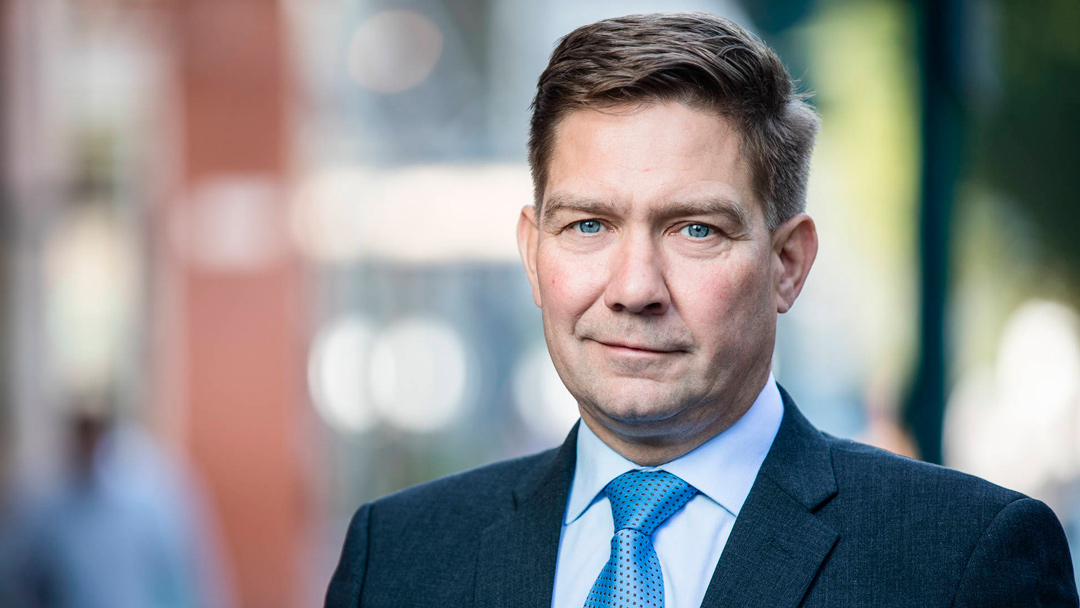Nordic co-operation is also important for safeguarding the rights of LGBTI people globally

On Tuesday, 30 November 2021, the Finnish Ministry of Social Affairs and Health and Ministry of Justice co-organised a seminar on the wellbeing and safety of LGBTI people as part of the programme for the Finnish Presidency of the Nordic Council of Ministers.
A study commissioned by the Finnish Presidency and conducted by Nordic Information on Gender (NIKK) was presented at the seminar. The study reviews legislation and practices that seek to prevent hate crime and violence against LGBTI people in various Nordic countries, and describes the challenges that have emerged.
Both the report and specialist contributions at the seminar indicated that the Nordic countries have a great deal in common, both in terms of the means applied in response to violence and hate crimes, and in the challenges that we face in this work. This is not surprising in itself, as our societies are similar in many respects. The Nordic countries are also global pioneers in safeguarding the rights of LGBTI people. This was also acknowledged by a representative of the European Commission at the seminar.
One important goal of both the seminar and the study was to enable sharing of information among Nordic specialists. Both the report and the discussions at the seminar proved to be important components for sharing information and good practice. It would appear that we have yet to see the full benefits of Nordic co-operation in sharing knowledge and experience. For example, there is scope for even greater cooperation between grassroots actors, and between and within sectors.
Promoting the rights of LGBTI people has been part of the gender equality cooperation agenda of the Nordic Council of Ministers since 2020. I consider it important that this subject has been incorporated into our formal Nordic cooperation. Specialists consulted at the seminar also stressed the importance of permanence and continuity in Nordic co-operation to promote the rights of LGBTI people.
I hope that active Nordic co-operation on LGBTI issues will continue. By continuing to share information and good practices, we can learn from one another and avoid repeating mistakes. By sharing experiences of known good practice, we can benefit from arrangements that have worked in other Nordic countries without having to reinvent everything. By learning from one another’s experiences, we can also avoid the same pitfalls.
Nordic co-operation also seems important for promoting the rights of LGBTI people because we are global leaders in this field. This enables us to serve as good pathfinders and boosters for one another. Close cooperation and mutual support are also important in order to respond to resistance to LGBTI rights in Europe and globally.
The strategic priorities in LGBTI work by the Nordic Council of Ministers in 2021-2022 are:
- to enable LGBTI people to live freely and openly,
- to support a good quality of life and living conditions for LGBTI people, and
- to support the work of civil society and benefit from the expertise of NGOs working in the LGBTI field.
We have made a good start on these issues in Nordic LGBTI cooperation. It will soon be time to look further into the future and reflect on what work we should prioritise in the longer term.
The vision of the Nordic Council of Ministers is to make the Nordic countries the most sustainable and integrated region in the world. Promoting the rights of LGBTI people is an integral part of this.